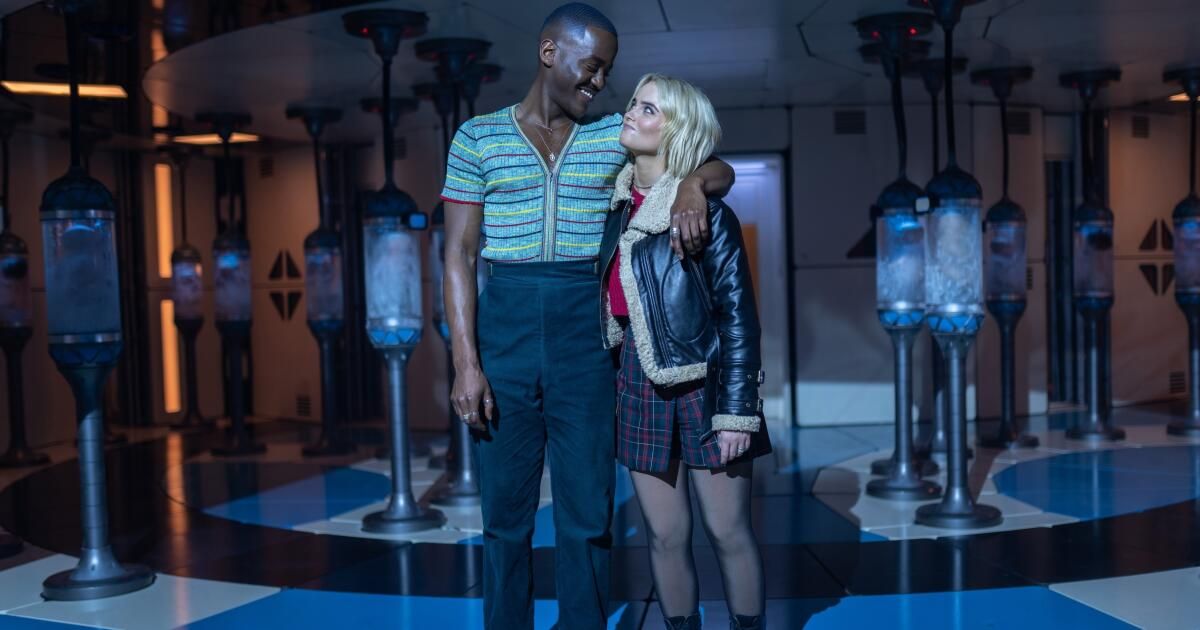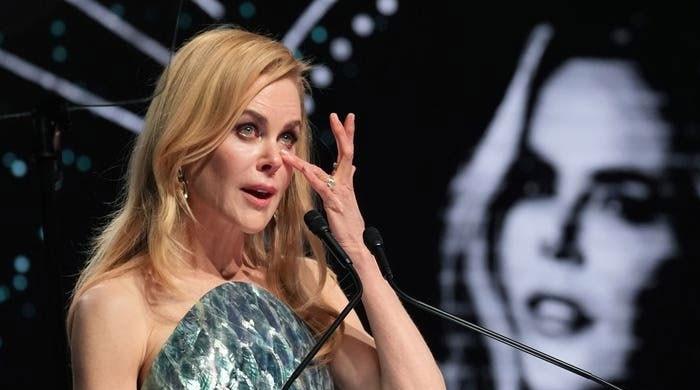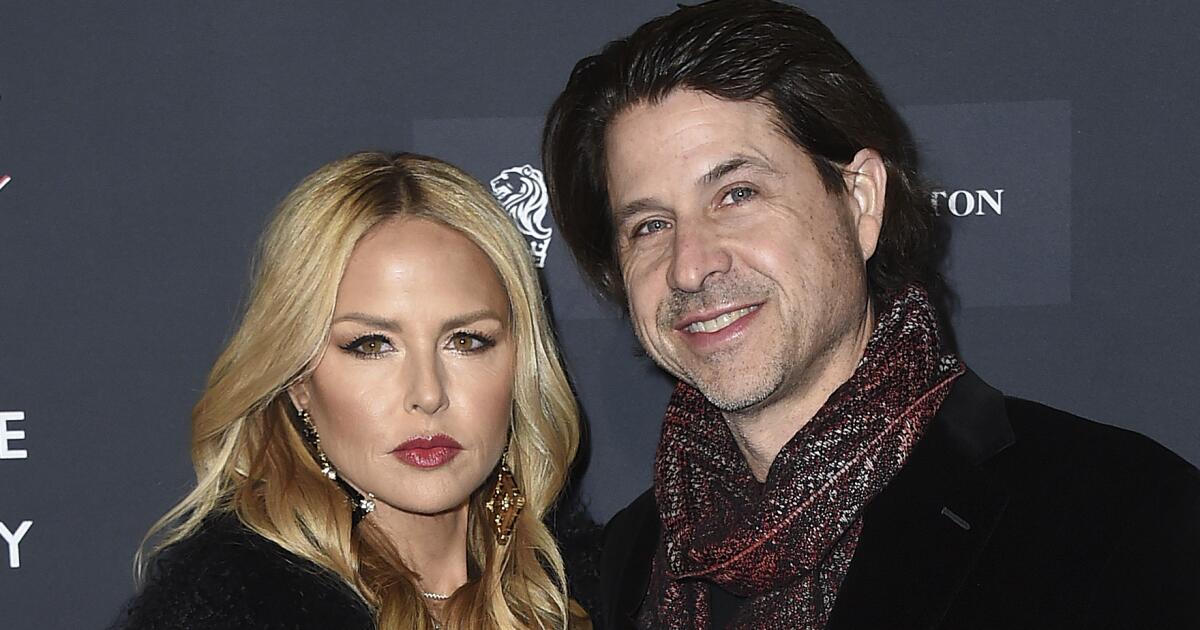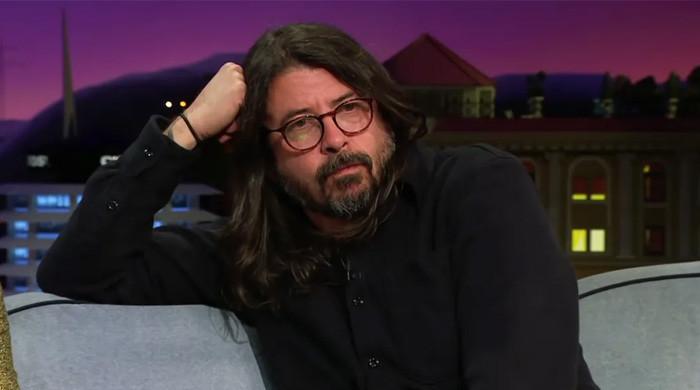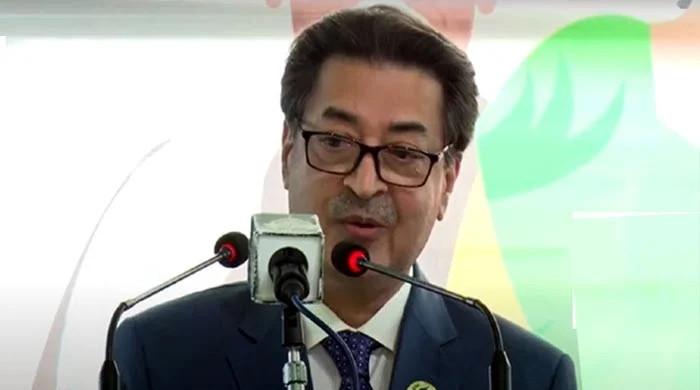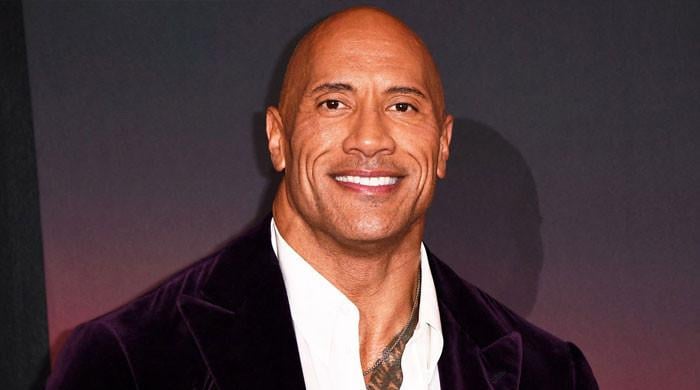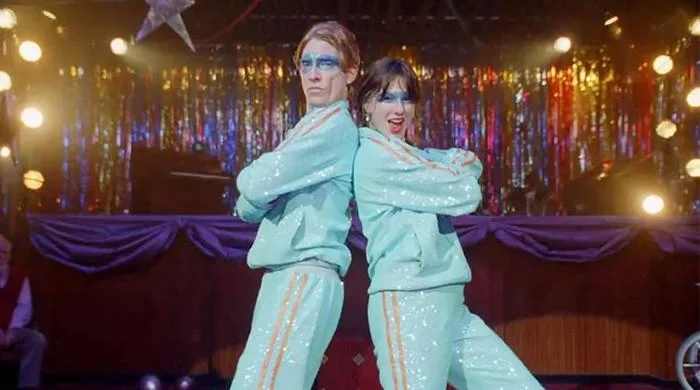I'm four episodes into the reign of Ncuti Gatwa's Fifteenth Doctor… well, five if you count “Doctor Who Special 4” in which he met his companion Ruby Sunday (Millie Gibson)… well, five and a half if you also count the “Doctor Who Special 3” in which he emerged, through the world's first bi-regeneration, on the side of the Tenth turned Fourteenth Doctor (David Tennant).
In any case, I am immersed in this season of “Doctor Who” and, as usual, I feel conflicted.
Not with Gatwa, which is an absolute delight; I'm just in the final stages of grieving/acceptance that is required of all Whovians every few years. The previous Doctor, Jodie Whittaker (Tennant's Doctor special episodes notwithstanding), is gone and it's time to let her go and embrace the new one.
It is always a bittersweet process. “Doctor Who” offers a lot to its fans, but with a main character who is a regularly regenerating Time Lord, it also asks a lot, perhaps more than any other television series in history.
Every few seasons, the person you know and love as the Doctor will be replaced by someone completely different.
Well, not completely different – he's still the Doctor, with two hearts, the TARDIS, the sonic screwdriver, the Gallifrey trauma, pacifist leanings and psychic paper credentials – but very different. In the countenance, in the clothing, in the slogan and in the temperament.
“Doctor Who” began in 1963 as a family show designed to entertain and educate by exploring, through time travel, the glories and pitfalls of science and historical moments. William Hartnell was the First Doctor and when his health began to fail, the producers came up with the notion of “renewal” (which would eventually become “regeneration”) to allow him to be replaced by Patrick Troughton but still be the Doctor. .
I've only seen clips of the original show, which involved eight doctors over 26 years. Like many modern fans, I started watching it in 2005, when Russell T. Davies regenerated it.
Christopher Eccleston was Davies' first Doctor (the show's ninth), but for reasons of his own, he only lasted one season. Then came Tennant, who, if pressed, I would still identify as my Doctor. Even with his penchant for fish fingers and custard, it took me a while to get used to the eleventh version, Matt Smith. But soon it was very he Doctor, bow tie, fez and all. A 50th anniversary special brought together Tennant and Smith, while introducing John Hurt as the War Doctor before offering a simple glimpse of the next in line. Maybe that's why it took me almost half a season to really accept the Twelfth Doctor (Peter Capaldi). Her companion Clara (Jenna-Louise Coleman) spoke for many when she, in her surprise at seeing Smith turn into Capaldi, said: “I don't think I know who the Doctor is anymore.”
But of course she did it, and so did we. And then, just as it seemed Capaldi had always been, always would be, the Doctor, voila, Whittaker appeared as number 13.
And don't get me started on the ever-changing lineage of inevitably attractive companions: I still miss Martha (Freema Agyeman), for whom I watched “Law & Order: UK”), and was very happy to see Donna (Catherine Tate). in last year's specials, or the changing faces of that other annoying Time Lord, the Master (or Lady, who returns, Michelle Gomez).
For someone who loves deeply or doesn't love at all, it's a big emotional change. Particularly for an art form built on the promise of familiarity and coherence.
Long before “Game of Thrones” and other modern “prestige” dramas began killing off protagonists in the name of shock and authenticity, “Doctor Who” has continued to bend, if not break, the cardinal rule of television: create characters that the public wants. to invite them into their homes for endless seasons. Sure, those characters might change (age, face crises, grow (or devolve)) a little, but not so much that the audience wouldn't recognize them.
Can you imagine if James Gandolfini had been replaced as Tony Soprano every few seasons?
While other shows blur the line between TV and film (“it's like a 10-hour movie” is something showrunners really need to stop saying), “Doctor Who” straddles TV and theater.
The Doctor is a character, like Hamlet or Willy Loman, Dolly Levi or the Phantom of the Opera, who exists not to be defined by any particular actor, but to be inhabited and reinterpreted by a dizzying array of performers. (Many of whom are, unsurprisingly given the Britishness of the show, accomplished stage actors.)
Change is part of the magic and delight of the show; Anticipation and speculation swirl among fans and media as each Doctor approaches his final season: who will be next in line?
Whittaker and Gatwa's one-two punch (finally) broke the long line of white, male, presumably straight doctors. This prompted tedious cries of “woke” from the deepest, dankest parts of the cultural cave, complaints made even more ridiculous by the show's modern history, which has included black, brown and queer castmates in abundance.
Still, as the first black and openly queer Doctor, Gatwa is celebrated for ushering in a “new era” of the series. Overseen once again by Davies, who has returned as showrunner after handing the reins to Steven Moffat in 2009, “Doctor Who” is now a co-production between Disney, BBC and Bad Wolf with a new home on Disney+ and hopes of attracting a new and broader audience.
Thus, Gatwa's Doctor took the time to carefully explain to Ruby, a young girl searching for her birth mother, all of the basics of the Time Lord, including several references to the first Doctor and his granddaughter/companion Susan (Carole Ann Ford), who, if Reddit can be believed, become a character once again this season.
I hope Davies brings back Jenny, the Doctor's “daughter.” Jenny, a clone created with her DNA in Tennant's time, was played by Georgia Moffett. Moffet, daughter of Peter Davison, who played the Fifth Doctor, married Tennant in what may be the best real-life twist of any film franchise. In “The Doctor's Daughter”, Jenny appeared to die only to revive after the grieving Doctor was gone; The last time they saw her she was flying through space in search of her own adventures.
Giving the Fifteenth Doctor a very young companion was a smart decision, and not just in a Disney sense. At 19, Ruby not only remembers the modern version's first companion, Rose Tyler (Billie Piper), but also allows the Doctor to be patiently expository (unlike Capaldi's Doctor, who initially referred to humans as “pudding brains”).
This Doctor also seems to be the most self-aware we've seen, quickly sharing information about his history and origins (though not, of course, his real name) that previously had to be extracted from him. Gatwa's unbridled exuberance makes it an easy sell and serves as a data bridge between new and old viewers. Mentions of the first Doctor reassure die-hard fans, the emergence of powerful new opponents creates an original experience shared for all.
But it's still a change and change is hard even when it's part of the deal and part of the fun. The Doctor is a magical creature, both singular and universal. The Doctor is very much himself, but so are all of us everywhere.
Each of us is on an adventure through space and time, we dare to love deeply even if all love ends in loss of one kind or another. Still, as “Doctor Who” reminds us every few years, regeneration is always possible.
He will always look different, wear different clothes, say different things than before, but it's love all the same.

